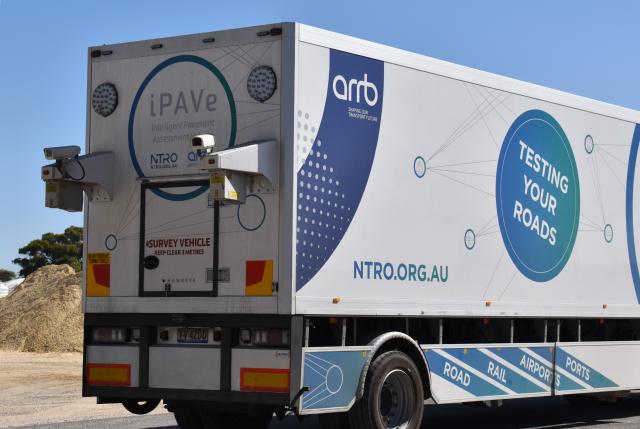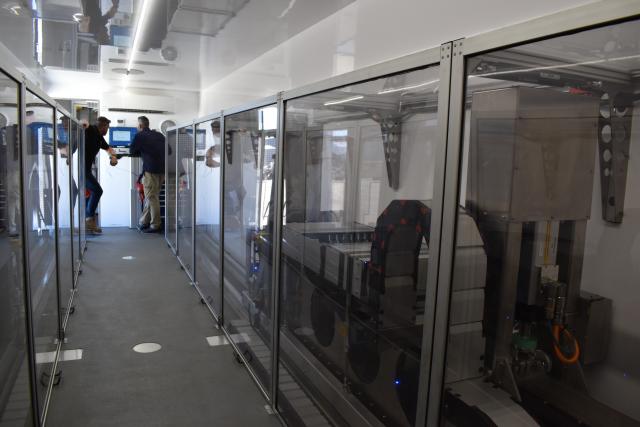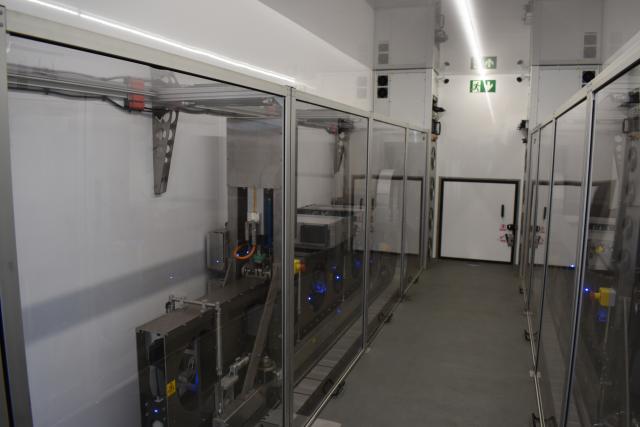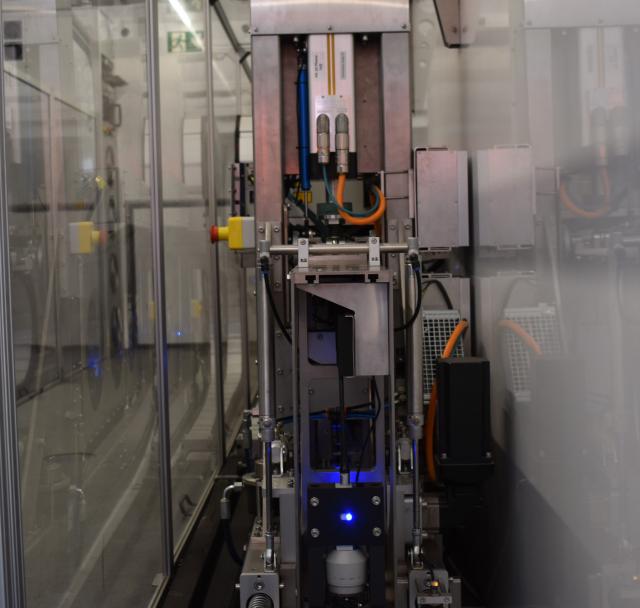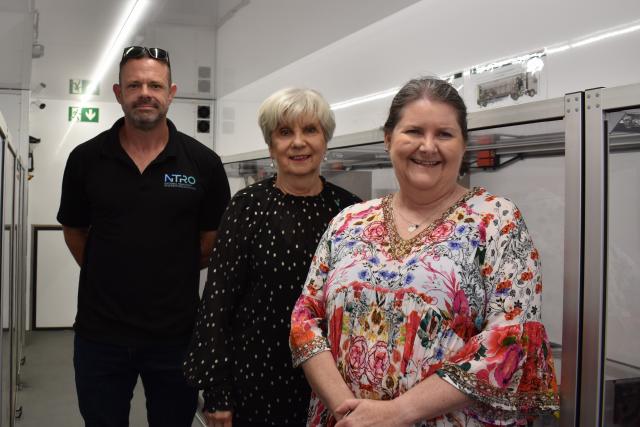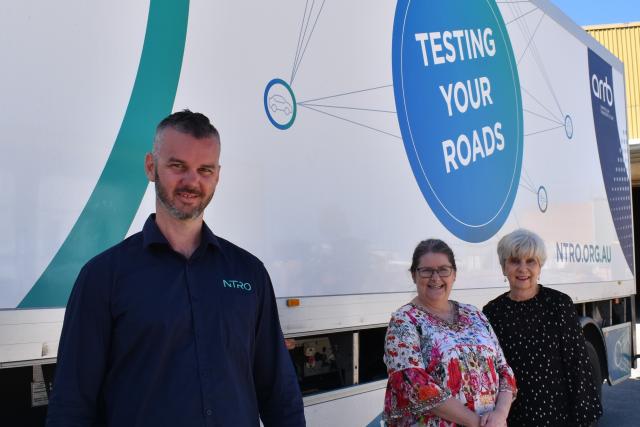
Charlotte Varcoe and Sophie Conlon
A TECHNOLOGY fuelled truck has made its way to Mount Gambier/Berrin this week in an effort to survey deteriorating roads.
The National Transport Research Organisation (NTRO) Intelligent Pavement Assessment Vehicle (iPAVE) has been seen around the Blue Lake City recently equipped with a series of lasers mounted in its trailer to help measure the deflection velocity of the pavement as it travels down highways.
The survey information is then used to assess the bearing capacity of the pavement and it is predominantly used for state road authorities.
It has also been used on local government networks and is able to measure roughness, texture, rutting, digital imagery for visual rating and ACD cracking.
During its time in the Limestone Coast, the iPAVE truck will assess the Princes, Dukes, Riddoch and Wimmera Highways as well as Southern Ports Road, Mount Gambier Road, Millicent Road, Naracoorte Road and Jubilee Highway West.
Overall, this will equate to more than 50 roads surveyed in the region across 20 townships so far.
Since its beginning, the iPAVE truck has covered about 7500 kilometres out of 18,000 kilometres of the state’s sealed road network and has already surveyed the rural outskirts of Adelaide up to the Northern Territory border as well as the Yorke Peninsula and Eyre Peninsula.
After the South East survey is complete it will then travel to Kangaroo Island with the complete survey of the state due to be complete by mid-2024.
District Council of Grant Mayor Kylie Boston and City of Mount Gambier Mayor Lynette Martin received a first-hand tour of the truck with both agreeing it would benefit the region significantly.
Ms Martin said the iPAVE will assist in examining the roads to see the quality it was in and note any work which will need to be done in a “very modern and efficient way”.
“Therefore hopefully it will contribute to the roads being maintained in a safe condition for the user,” Ms Martin said.
“It is most important the quality of our roads is maintained for our residents and visitors and although we do have maintenance programs for rolling infrastructure and we have plans in out asset management process our residents are our eyes and ears.”
Ms Boston said the technology on the truck was “amazing”, commending Minister for Regional Roads Geoff Brock on the innovative idea.
“We cannot wait to work with the government now with the results of the surveys and see what we get coming out of it,” Ms Boston said.
“I know budgets are limited so if this means we can really maximise how we spend those dollars and get it in the right spots, I think it will be fabulous but it will also highlight the areas which really need attention and give efficiencies economically.”
She said with Grant Council having both sealed and unsealed roads in the area, it was difficult for staff to get out to all roads.
“We cannot be on the road every week,” Ms Boston said.
“We have a 10-year plan that the team does every year around and that is about assessment about the condition of the road, the number of people over it and things like that.
“This sort of technology can only help and assist with that which is pretty amazing.”
AN NTRO spokesperson said iPAVE started collecting vital road data across all state-maintained roads and highways with the information due to be used to determine future maintenance and help prioritise repairs and upgrades.
“The iPAVE which was in Mount Gambier is the newest version which includes world-first technology including ground penetrating radar to help pinpoint issues with the subsurface of the road before those issues become visible and apparent,” the spokesperson said.
Mr Brock said he was pleased to see the iPAVE making “strong progress” as the new technology continued to survey roads.
“The Limestone Coast is home to critical industries and jobs and the vehicle’s work being carried out will help us to assess, maintain and upgrade roads more efficiently across the region,” Mr Brock said.
“I would encourage councils, like those in the Limestone Coast, to see this technology first-hand and consider how it can be used for their own roads for future generations.
“I’d also thank the local members, Troy Bell and Nick McBride, for their ongoing interest in how the iPAVE can support their regional communities.”


